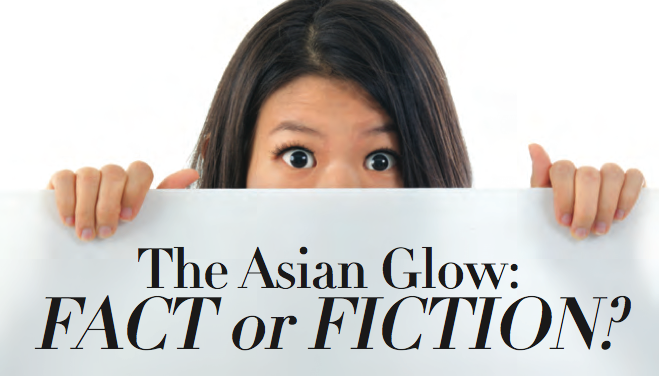by JULIE HA
It’s well-documented that South Korea has the highest suicide rate among developed countries. But if you parse the numbers, there’s this equally disturbing discovery: it also has the highest elderly suicide rate. Nearly 5,000 people over the age of 60 took their own lives in 2012, up from 4,300 in 2007.
Such alarming figures have prompted the spread of “well-dying” courses, where the elderly can learn about how to appreciate life and make peace with their mortality, according to a recent article in Bloomberg.
Park Kyung-rye, 80, enrolled in one of these “well-dying” classes after having suicidal thoughts. The widower, a retired house cleaner with no pension, told Bloomberg that her “loneliness” pushed her to the edge. But, through the class, she joined about 20 other senior citizens in activities like writing their autobiographies, recording video messages to their families and even visiting a crematorium.
“I rediscovered life in the light of death,” she told Bloomberg. She also promised to “live as happily as possible until a natural death claims me.”
The South Korean government is funding these “well-dying” courses (a play off of the expression “well-being), which are cropping up throughout the country, in the hope of reversing the elderly suicide trend. But it’s a trend that’s being unfortunately fueled by alarming poverty rates among seniors.
While intense education pressure is often blamed for suicide among young South Koreans, experts point to poverty as a major cause among senior citizens, the Bloomberg report said. The poverty rate among the elderly was 49 percent in 2012, making it the highest among Organization for Economic Cooperation and Development (OECD) members. The OECD estimates that 37 percent of Korea’s population will be older than 65 by 2050, bringing even more of an urgency to the issue.
“We’re headed for one unhappy society that’s both aged and suicidal,” Lee Jung Min, professor of labor economics at Seoul’s Sogang University, told Bloomberg. Lee went on to warn that, if this trend continues, the nation will see ripple effects in multiple aspects of society.
A Financial Times article noted that, as South Korea has emerged as a more materialistic and highly competitive society, more traditional values like filial duty seem to be falling away. It cited a 2010 government survey that reported only 36 percent of respondents saw it as their obligation to care for their parents. In 1998, that figure was 90 percent. Meanwhile, the Times article said that spending for South Korean children’s education is climbing at a dramatic rate, often leaving little money for elder members of the family.
Caring for the elderly population emerged as a major issue in the 2012 presidential election, and President Park Geun-hye promised in her campaign to boost social spending, including for seniors. Only one-fifth of senior citizens receive a regular pension, said the Bloomberg article, citing OECD figures, while 70 percent receive a minimum old-age payout. Recently, Korea’s parliament agreed to increase this monthly allowance to 200,000 won, which amounts to less than $200.
Photo via Family Edge/mercatornet.com









